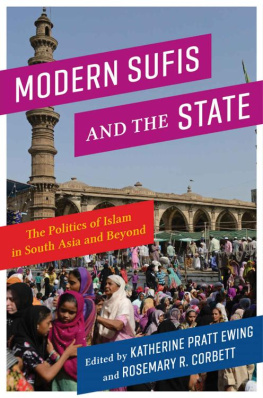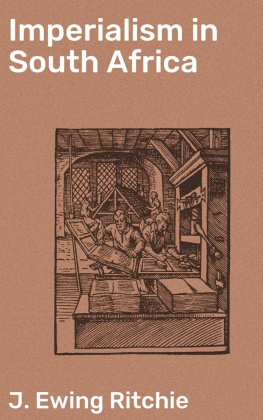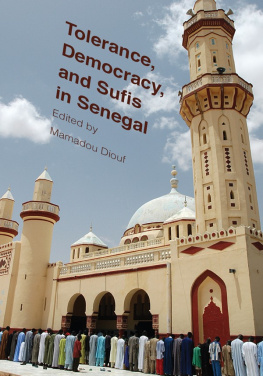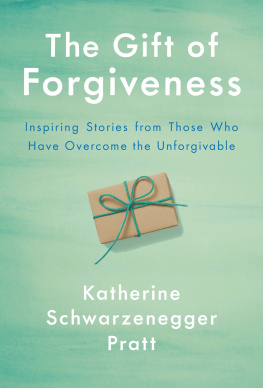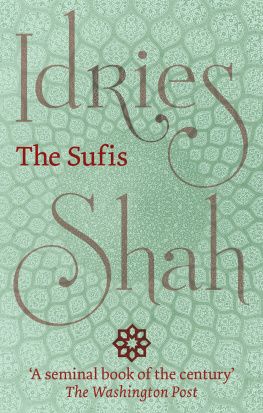Katherine Pratt Ewing - Modern Sufis and the State (Religion, Culture, and Public Life)
Here you can read online Katherine Pratt Ewing - Modern Sufis and the State (Religion, Culture, and Public Life) full text of the book (entire story) in english for free. Download pdf and epub, get meaning, cover and reviews about this ebook. year: 2020, publisher: Columbia University Press, genre: Politics. Description of the work, (preface) as well as reviews are available. Best literature library LitArk.com created for fans of good reading and offers a wide selection of genres:
Romance novel
Science fiction
Adventure
Detective
Science
History
Home and family
Prose
Art
Politics
Computer
Non-fiction
Religion
Business
Children
Humor
Choose a favorite category and find really read worthwhile books. Enjoy immersion in the world of imagination, feel the emotions of the characters or learn something new for yourself, make an fascinating discovery.
- Book:Modern Sufis and the State (Religion, Culture, and Public Life)
- Author:
- Publisher:Columbia University Press
- Genre:
- Year:2020
- Rating:5 / 5
- Favourites:Add to favourites
- Your mark:
- 100
- 1
- 2
- 3
- 4
- 5
Modern Sufis and the State (Religion, Culture, and Public Life): summary, description and annotation
We offer to read an annotation, description, summary or preface (depends on what the author of the book "Modern Sufis and the State (Religion, Culture, and Public Life)" wrote himself). If you haven't found the necessary information about the book — write in the comments, we will try to find it.
Modern Sufis and the State (Religion, Culture, and Public Life) — read online for free the complete book (whole text) full work
Below is the text of the book, divided by pages. System saving the place of the last page read, allows you to conveniently read the book "Modern Sufis and the State (Religion, Culture, and Public Life)" online for free, without having to search again every time where you left off. Put a bookmark, and you can go to the page where you finished reading at any time.
Font size:
Interval:
Bookmark:
Modern Sufis and the State
RELIGION, CULTURE, AND PUBLIC LIFE
RELIGION, CULTURE, AND PUBLIC LIFE
Series Editor: Matthew Engelke
The Religion, Culture, and Public Life series is devoted to the study of religion in relation to social, cultural, and political dynamics, both contemporary and historical. It features work by scholars from a variety of disciplinary and methodological perspectives, including religious studies, anthropology, history, philosophy, political science, and sociology. The series is committed to deepening our critical understandings of the empirical and conceptual dimensions of religious thought and practice, as well as such related topics as secularism, pluralism, and political theology. The Religion, Culture, and Public Life series is sponsored by Columbia Universitys Institute for Religion, Culture, and Public Life.
For a complete list of titles, see .
Modern Sufis and the State
The Politics of Islam in South Asia and Beyond
EDITED BY KATHERINE PRATT EWING AND ROSEMARY R. CORBETT
Columbia University Press
New York

Columbia University Press gratefully acknowledges the generous support for this book provided by a Publishers Circle member.
Publication of this book was made possible in part by funding from the Institute for Religion, Culture, and Public Life at Columbia University.

Columbia University Press
Publishers Since 1893
New York Chichester, West Sussex
cup.columbia.edu
Copyright 2020 Columbia University Press
All rights reserved
E-ISBN 978-0-231-55146-5
Library of Congress Cataloging-in-Publication Data
Names: Ewing, Katherine Pratt, editor. | Corbett, Rosemary R., editor.
Title: Modern Sufis and the state : the politics of Islam in South Asia and beyond / edited by Katherine Pratt Ewing and Rosemary R. Corbett.
Description: New York City : Columbia University Press, 2020. | Series: Religion, culture, and public life | Includes bibliographical references and index.
Identifiers: LCCN 2019051465 (print) | LCCN 2019051466 (ebook) | ISBN 9780231195744 (cloth) | ISBN 9780231195751 (paperback)
Subjects: LCSH: SufisPolitical activitySouth Asia. | SufismPolitical aspectSouth Asia. | Islam and politicsSouth Asia. | South AsiaPolitics and government.
Classification: LCC BP188.8.S64 M63 2020 (print) | LCC BP188.8.S64 (ebook) | DDC 322/.10954dc23
LC record available at https://lccn.loc.gov/2019051465
LC ebook record available at https://lccn.loc.gov/2019051466
A Columbia University Press E-book.
CUP would be pleased to hear about your reading experience with this e-book at .
Cover design: Noah Arlow
Cover image: Sam Panthaky/Getty Images
- KATHERINE PRATT EWING
- ROSEMARY R. CORBETT
- VERENA MEYER
- MARCIA HERMANSEN
- CARL W. ERNST
- BRANNON D. INGRAM
- USHA SANYAL
- BRIAN E. BOND
- MUHAMMAD QASIM ZAMAN
- SARAH ANSARI
- ALIX PHILIPPON
- NOOR ZAIDI
- SHERALI TAREEN
- CARLA BELLAMY
- HELENE BASU
- RACHANA RAO UMASHANKAR
- BRUCE B. LAWRENCE
- ROSEMARY R. CORBETT
T his book would not exist without the people who animate the Institute for Religion, Culture, and Public Life (IRCPL) at Columbia University. Not long after editor Katherine Ewings arrival at Columbia University, Karen Barkey, who was then director of IRCPL, was organizing a series of conferences and workshops on Sufism as part of a larger project on Religious Toleration and Plural Democracies. She encouraged Katherine to organize the 2015 conference Rethinking Islam, Democracy and Identity in Pakistan and India: The Role of Sufism, out of which this volume has emerged. Editor Rosemary Corbett was originally brought onboard as a postdoctoral fellow to help coordinate the overall project, which was generously funded by the Henry Luce Foundation, with the enthusiastic guidance of Toby Volkman. We would like to thank Jessica Lillien and Zachary Hendrickson for helping out at various stages of the project, and especially Walid Hammam for being there at every step of the way. He was an invaluable partner as Katherine took over the directorship of IRCPL. Bill Carrick of the South Asia Institute has also contributed in countless ways.
In addition to the contributors included in the present volume, the conference was enriched by the presence and contributions of Pnina Werbner, Thomas Gugler, Jamal Malik, Akbar Zaidi, Anand Taneja, Zahid Hussain, Rob Rozehnal, Souleymane Bachir Diagne, and Mamadou Diouf. Bruce Lawrence gave a keynote address. We would like to thank them all. Contributors to an early planning workshop entitled Pluralism: Sufi Thought and Practices included Cheikh Babou, Souleymane Bachir Diagne, Carl Ernst, Katharina Ivanyi, Karen Barkey, Mamadou Diouf, and Leonardo Villalon. Thanks also to Columbia Religion Department PhD students Quinn Clark, Ilona Gerbakher, Zehra Mehdi, and Ebadur Rahman, who have been great conversation partners as their own research projects on related themes have developed along the way. Colleagues Gil Anidjar, Rachel McDermott, Jack Hawley, Courtney Bender, Brinkley Messick, and Gauri Visvanathan are among those who have made Columbia University a rich intellectual environment for the pursuit of this project.
We thank Taha Poonawala and Fidahussain Yamani for their hard work on making transliterations across several languages as consistent as possible. We also thank Wendy Lochner of Columbia University Press for overseeing publication of the book, and we thank the anonymous reviewers whose detailed and thoughtful comments have made this a better book.
Katherine appreciates the steadfast support of her husband and intellectual companion, Thomas DiPrete, three loving daughters, the wonderful young men they have brought into the family, and Charlotte, who is the promise of the future. In the time between the convening of the conference from which this volume evolved and the books publication, Rosemary added another child to her family and also navigated the illness of her partner. There are simply too many people to thank for the tremendous support received during those years, but eternal gratitude will always be due David Kaiser for his unflagging faith, endless encouragement, and abiding love.
W ords found in Merriam-Websters Collegiate Dictionary are considered part of English lexicon and do not contain any markers/diacritics.
When transliterating names of living people, we use the preferred or popular spelling. For names of the deceased, we either transliterate or use spelling as used by them self-referentially as found in their works.
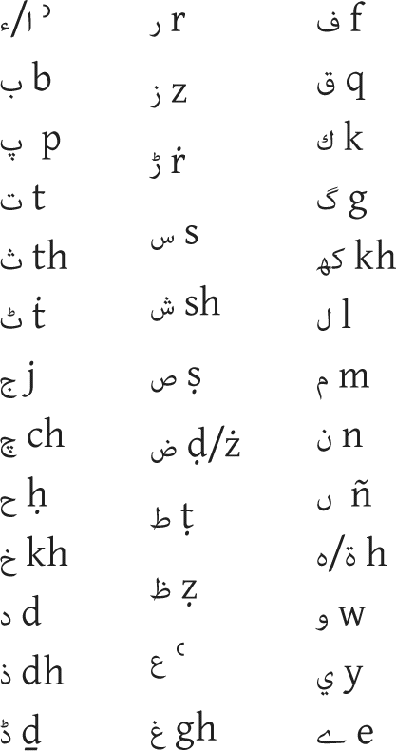
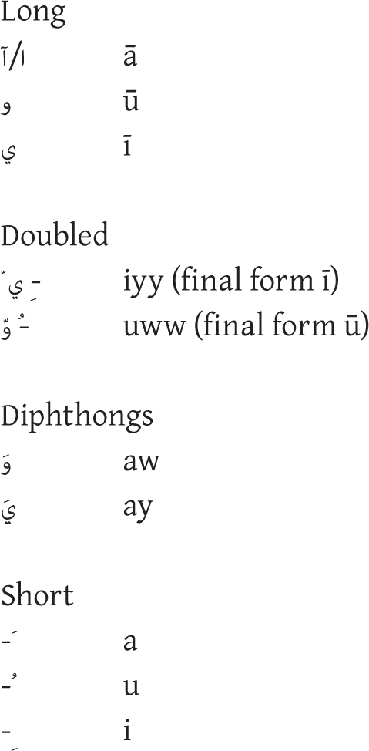
KATHERINE PRATT EWING
W hen we, as a public living at this particular historical moment, ask, What is Sufism? Is Sufism part of Islam? What is the relationship between Sufism and the modern state? our concerns have been largely shaped by a pervasive, globalized media- and policy-driven discourse about how Sufis might save the world from intolerant forms of Islam. Sufism, usually understood today to mean the mystical side of Islam, has been swept up into globalized debates that are increasingly framed as an opposition between Sufis and Salafis. Policy makers within the American government and in many countries with large Muslim populations have promoted Sufism and popular traditions associated with local shrines in an effort to discourage the spread of Islamists who may be prone to violence. A rhetorical chasm has developed between something that has come to be called Salafi, or fundamentalist, Islam and Sufism, and this chasm has come to shape the understandings and practices of Muslims themselves. Sufism has undergone a reification in recent years that has transformed local practices into a new kind of cultural, religious, and political object, understood as a vestige of local culture and tradition that can be preserved and revived, much as the colonialism and Orientalist scholarship of the nineteenth century turned Sufism into something quite different from what it had been during the time of the great Muslim empires.
Font size:
Interval:
Bookmark:
Similar books «Modern Sufis and the State (Religion, Culture, and Public Life)»
Look at similar books to Modern Sufis and the State (Religion, Culture, and Public Life). We have selected literature similar in name and meaning in the hope of providing readers with more options to find new, interesting, not yet read works.
Discussion, reviews of the book Modern Sufis and the State (Religion, Culture, and Public Life) and just readers' own opinions. Leave your comments, write what you think about the work, its meaning or the main characters. Specify what exactly you liked and what you didn't like, and why you think so.

